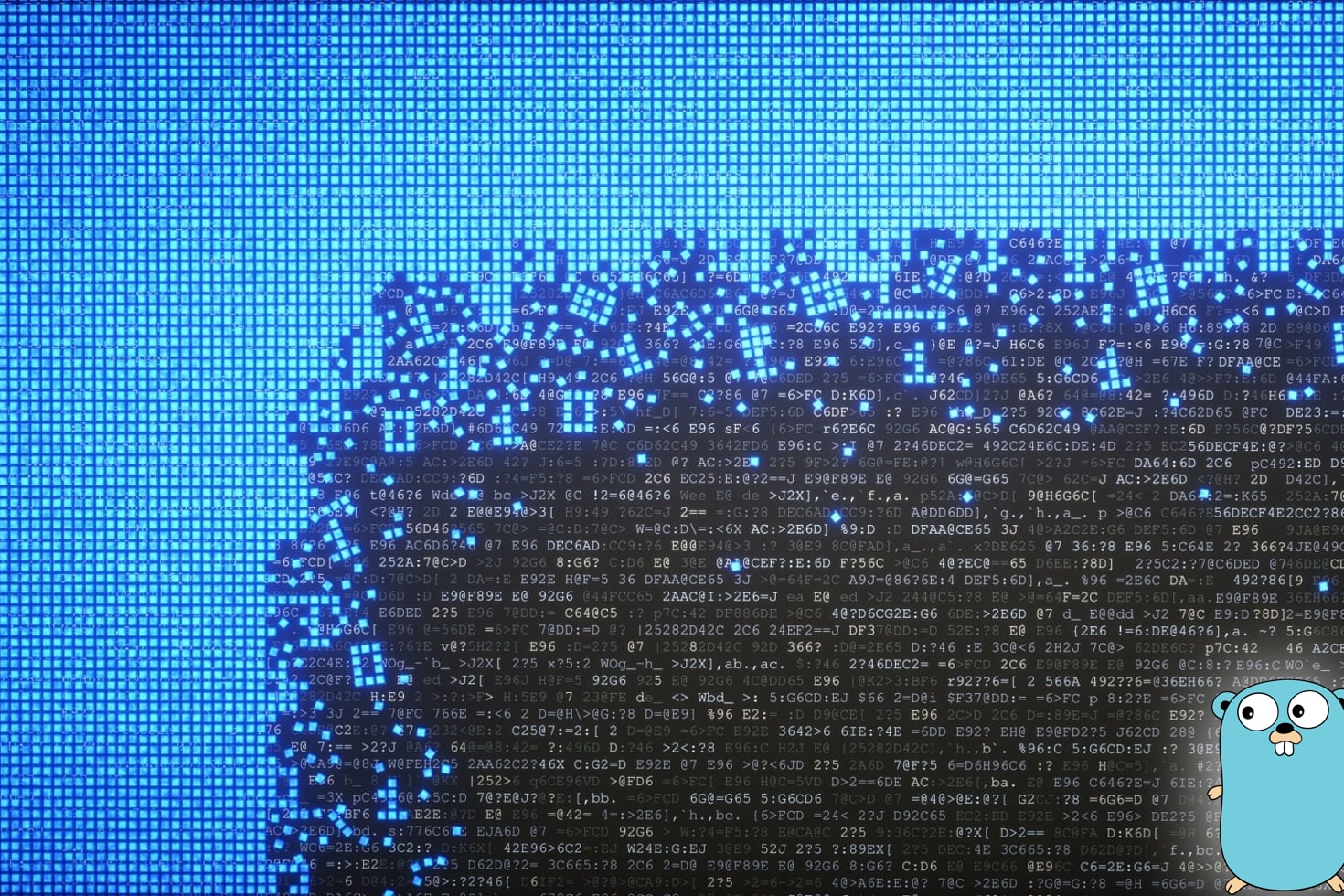If you’ve ever wondered how massive amounts of data are collected from multiple websites on the internet, we’re about to introduce you to the intriguing world of web scraping.
Web scraping is the technique of automatically extracting valuable information from web pages. It involves accessing websites, collecting data, and storing it for analysis or other purposes.
It is becoming increasingly crucial, allowing organizations, researchers, and individuals to gather insights, follow trends, and make informed decisions. As such, certain smart bots are also deployed to protect publicly available data. The web offers certain workarounds, like how to bypass Imperva to be able to collect data from names, emails, and phone numbers.
While various tools, frameworks, and programming languages, such as Puppeteer for Node.js and Scrapy for Python, can help with this task, Golang provides excellent features that make the process easy and efficient.
In this article, we will walk you through why Golang for web scraping is an ideal choice, and we will see some of the libraries you can use for this purpose.
Why Use Golang?

When it comes to web scraping, Golang offers several advantages: Golang is a statically typed language designed with a focus on clarity and ease of use.
Its simplicity makes it accessible to both beginners and experienced developers. And you can quickly grasp the fundamentals and start building web scraping applications without getting bogged down by complex language features or syntax.
The simplicity of the language not only accelerates the learning process but also enables rapid development. You can swiftly translate your ideas into working code, reducing the time between concept and implementation.
In addition to its simplicity, Golang’s efficiency is another aspect that sets it apart. Its compiler is known for its remarkable speed, which means your code is compiled swiftly into machine code. This efficient compilation process translates into faster execution, producing snappy and responsive web scraping applications.
One of Golang’s standout features is its strong support for concurrency and parallelism. It excels at handling multiple tasks simultaneously, making it well-suited for efficiently scraping large amounts of data from multiple websites at the same time.
Another advantage is its extensive standard library and a thriving ecosystem of third-party packages. Its standard library provides powerful tools and functionalities for tasks like making HTTP requests, processing HTML, and managing data effectively.
Moreover, its community has developed numerous third-party packages that are designed for web scraping, offering additional functionality and flexibility.
Frameworks and Libraries
Go comes with a comprehensive standard library that provides a wide range of functionalities out of the box. This standard library includes packages for making HTTP requests, analyzing data, handling files, and much more.
For data extraction in Go, the standard library’s “net/http” package becomes invaluable for making requests to web servers and retrieving HTML content.
Furthermore, Golang has a vast ecosystem of third-party packages tailored for web scraping. Some of the libraries include:
- Colly: A powerful and flexible framework that allows you to easily define scraping rules, handle authentication, follow links, and extract data from HTML documents in Go. Colly also supports asynchronous scraping, which allows you to scrape multiple websites at the same time.
- GoQuery: GoQuery is a popular third-party library inspired by jQuery, tailored for HTML parsing. It offers a familiar syntax and a rich set of functions, making it easy to traverse and manipulate HTML documents. GoQuery allows you to select elements using CSS selectors, extract attributes and text, filter results, and perform advanced queries.
- GJSON: A reliable Go library for extracting data from JSON responses. Its simple and straightforward syntax allows you to scan JSON documents and extract data, making it excellent for scraping APIs that return JSON data.
- Go-pg: A popular Object-Relational Mapping (ORM) package that simplifies database operations. While not directly related to web scraping, go-pg can be helpful for storing and managing scraped data in databases.
The combination of its extensive standard library and the wealth of third-party packages ensure that you have the necessary tools at your disposal to build robust and feature-rich data extraction applications.
Conclusion
Golang is a powerful language that can be used for various tasks, including web scraping. With interesting built-in features and a large community, you can build web scrapers that are efficient, scalable, and easy to maintain.
Related Posts:
- Understanding and Protecting Your Data Online
- Security Risks of Using a Multiple USB-C Hub: How to Protect Your Data
- How to Detect Data Loss in Your Organization
- 5 Challenges of Cross-Browser Testing in Selenium
- Difference Between CSS Selectors and XPath Locator Strategy
- 5 Common Mistakes to Avoid in Regression Testing
- Is QA Automation All About Benefits? Know The Challenges
- Software Security with Code Signing Certificate: Why Do You Need It?
